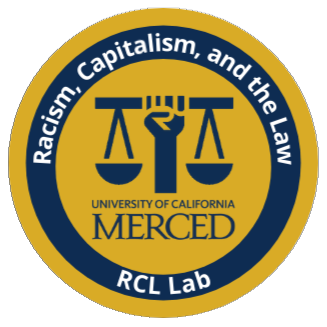Ten years after sociologist Mary Romero lamented the “ideological and theoretical gulf between immigration research and the sociology of race,” researchers have begun to bridge this theoretical gulf by centering critical race theory in studies of migration. Building on these analyses, this article argues that migration flows and immigrant incorporation are shaped not only by white supremacy but also by patriarchy and global capitalism. Insofar as migrants, predominantly from the Global South, are usually racialized as non-white, and come to work in a labor market shaped by exploitation, oppression, and patriarchy, it is critical to think of migrant flows and settlement within the context of what bell hooks describes as a White supremacist capitalist patriarchy. We draw from examples from our research with a broad spectrum of migrants and their children to elucidate how these three systems of oppression shape the experiences of migrants.
Publications by Year: 2019
2019
When the local police cooperate with immigration authorities, arrest on suspicion of any crime can lead to deportation.
Deportations from the United States reached record highs in the aftermath of the Great Recession (2007-2009). At the peak of this wave of deportations, over 400,000 people were deported from the United States—as many in 1 year as in the entire decade of the 1980s. The majority of these deportees have U.S. citizen family members, nearly all of whom continue to live in the United States. Over 90% of these deportees are men, and nearly all are sent to Latin America, creating gendered and raced consequences for specific communities. This article draws from interviews with 27 people from California who experienced the deportation of a family member to provide insight into the effects of deportation on these families. This article builds on scholarship on the collateral consequences of incarceration to enhance our understanding of the collateral consequences of deportation. The findings reveal that family members face short, medium, and long-term consequences in the aftermath of a deportation and that many adolescents are forced to make an abrupt transition to adulthood when one or both of their parents is deported.
Deportees’ reintegration is shaped by the contexts of reception in their countries of origin and the strength of their ties to the United States. For some, the deprivation and isolation of deportation is akin to a death sentence.

